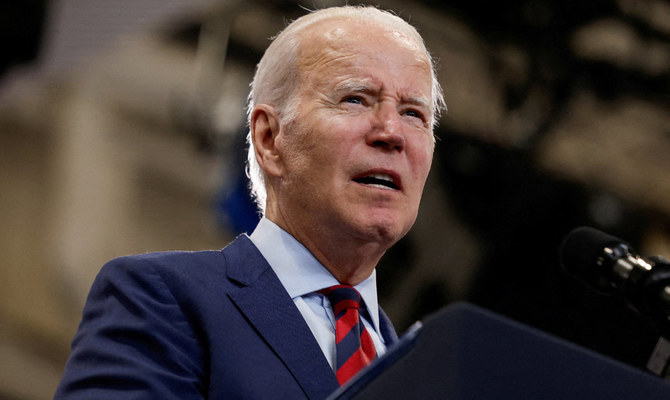
European powers have been pushing to chart a path toward a new deal that would de-escalate tensions between the Islamic Republic and the US, which have reached their highest level since 1979.
Iran has been implicated in harassing and attacking ships in the Strait of Hormuz, the attempted assassination of dissidents on European soil, bomb plots, and directly or indirectly launching missile and drone attacks, while the Trump administration is carrying out its “maximum pressure” policy by imposing crippling sanctions on the theocratic establishment.
To reach any new and effective deal, the US has to be involved because of its influence in the global financial system and its geopolitical power. That is why European leaders have been attempting to bring the American and Iranian leaders back to the negotiating table.
This begs the question that, if a new deal was to be struck with Tehran, what terms should it include? Any new deal with the Iranian leaders must be built around five core pillars.
First of all, the priority ought to be halting the Iranian regime’s ability to manufacture a nuclear weapon — permanently. This would eliminate the possibility of a nuclear arms race in the region and remove the strategic threat that a nuclear-armed Iran might pose, thus shifting the balance of power and creating new alliances.
One of the deficiencies of the Joint Comprehensive Plan of Action (JCPOA), aka the Iran nuclear deal, was that it had a time limit. In the world of geopolitics, 10 or 15-year agreements are considered very brief. World leaders should be aware that the Iranian leaders will be pushing for temporary deals, which would allow Iran to continue enriching uranium while having the sanctions against it lifted.
Therefore, a new nuclear deal should have no expiration date. The sunset clause was the most crucial victory that Supreme Leader Ali Khamenei and the Rouhani administration scored in the 2015 nuclear agreement. It allowed the Islamic Republic to — on the day the deal lapsed — resume enriching uranium to any level it desires, spin as many advanced centrifuges as it wants, make its reactors fully operational, build new heavy water reactors, produce as much fuel for its reactors as it desires, and maintain higher uranium enrichment capability. In other words, after the agreement expired, Iran was to be rewarded with an unrestricted, industrialized, high-level nuclear program.
One of the deficiencies of the Joint Comprehensive Plan of Action was that it had a time limit.
Dr. Majid Rafizadeh
The US should also not make the mistake that the Obama administration made by showing that it was extremely eager to strike a “historic” nuclear deal in order to add to its Middle Eastern achievements, even though the deal was strategically flawed.
The second priority of any new Iran deal should be the inspection of Iran’s military sites. The weaponization dimension of Iran’s nuclear program, about which the JCPOA said almost nothing, should be fully addressed. This means there is a need for an enforcement or monitoring mechanism. For example, the Parchin military site, which is reportedly the main location where Iran conducts nuclear research and development, is out of the reach of the International Atomic Energy Agency’s inspectors under the 2015 deal.
The third pillar is that Iran’s ballistic missile program, which is a crucial part of its foreign policy and appears to be linked to the nuclear program, should be restricted. The deal must dictate that the UN Security Council will impose sanctions on the Islamic Republic if it continues to test ballistic missiles. The deal can invoke UN resolution 2231, which calls on Iran not to “undertake any activity related to ballistic missiles designed to be capable of delivering nuclear weapons, including launches using such ballistic missile technology.”
Fourth, the nuclear agreement must positively contribute to Middle East peace and security by containing Iran’s pursuit of regional supremacy. The JCPOA increased Iran’s military influence, expansion and interventions across the region, including in Iraq, Lebanon, Syria and Yemen.
Finally, if the US is going to strike a new deal with Tehran, it should not forget the Iranian people. Any deals with the Iranian leaders must be contingent on the improvement of the human rights situation, freedoms of speech, press and assembly, as well as a full moratorium on the death penalty, including the execution of children.
In summary, any new deal with the Iranian regime must permanently limit its nuclear and ballistic missile programs, address its military adventurism in the region, and hold the Iranian leaders accountable for human rights violations inside the country and abroad.












